
Prince Harry Says He 'Would Love Reconciliation' With the Royal Family — Here's Why
Prince Harry Opens Up About Family Rift, Court Defeat, and His Hopes for Reconciliation
In a revealing new interview with BBC News, Prince Harry has spoken candidly about the persistent rift with his royal family, his recent legal defeat in the UK over security provisions, and the emotional toll these issues have taken on his personal life. His words come with a sense of finality but also a faint glimmer of hope—a hope that reconciliation is still possible, if only his family is willing to meet him halfway.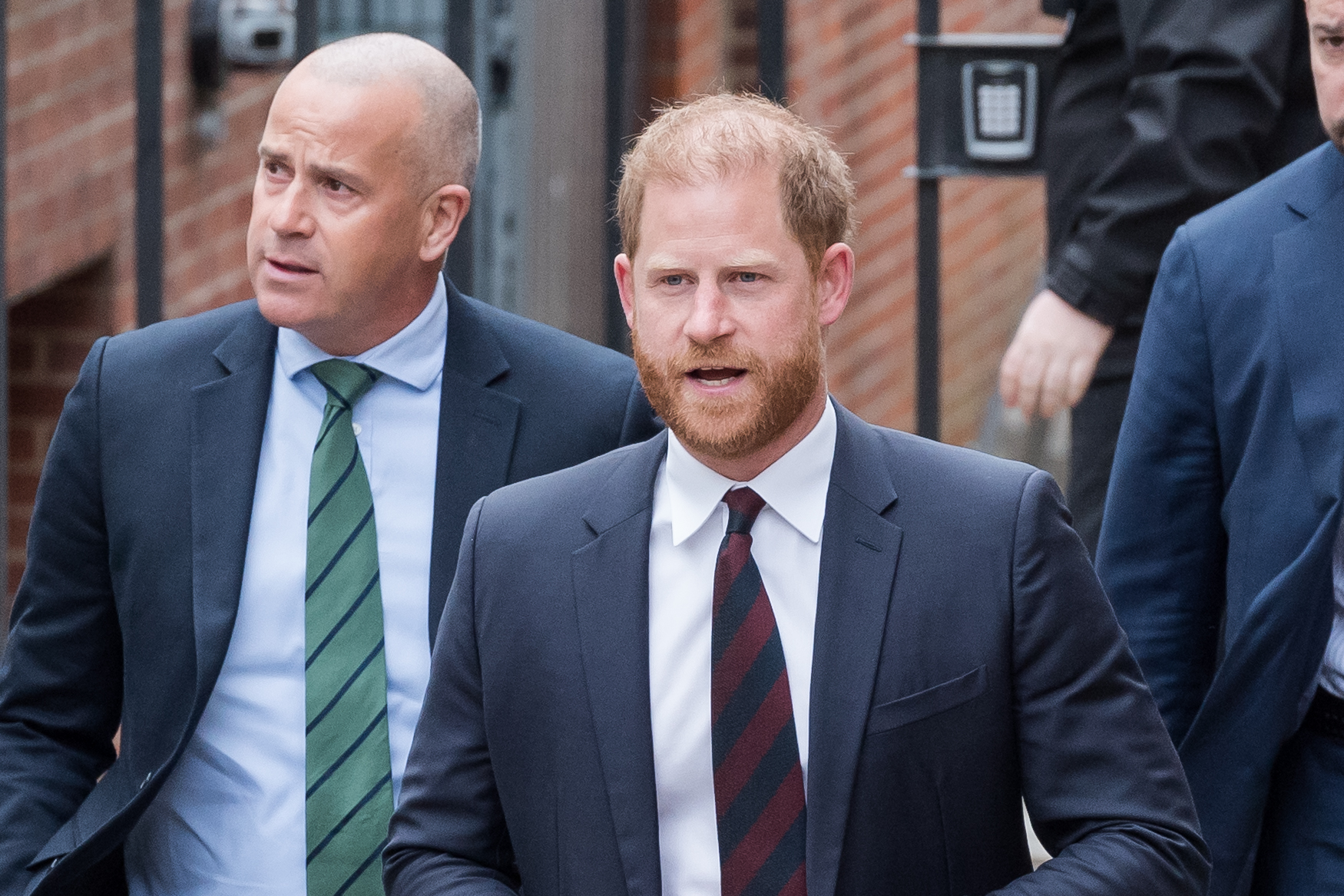
Appearing composed but visibly solemn, the Duke of Sussex emphasized that he harbors no ill will and deeply desires to mend broken ties. However, he noted that any progress hinges on mutual willingness. "I would love reconciliation with my family," he told the BBC. "There’s no point continuing to fight anymore. As I said, life is precious. I don’t know how much longer my father has. You know, he won’t speak to me because of this security stuff. But it would be nice to reconcile. If they don’t want that, that’s entirely up to them.”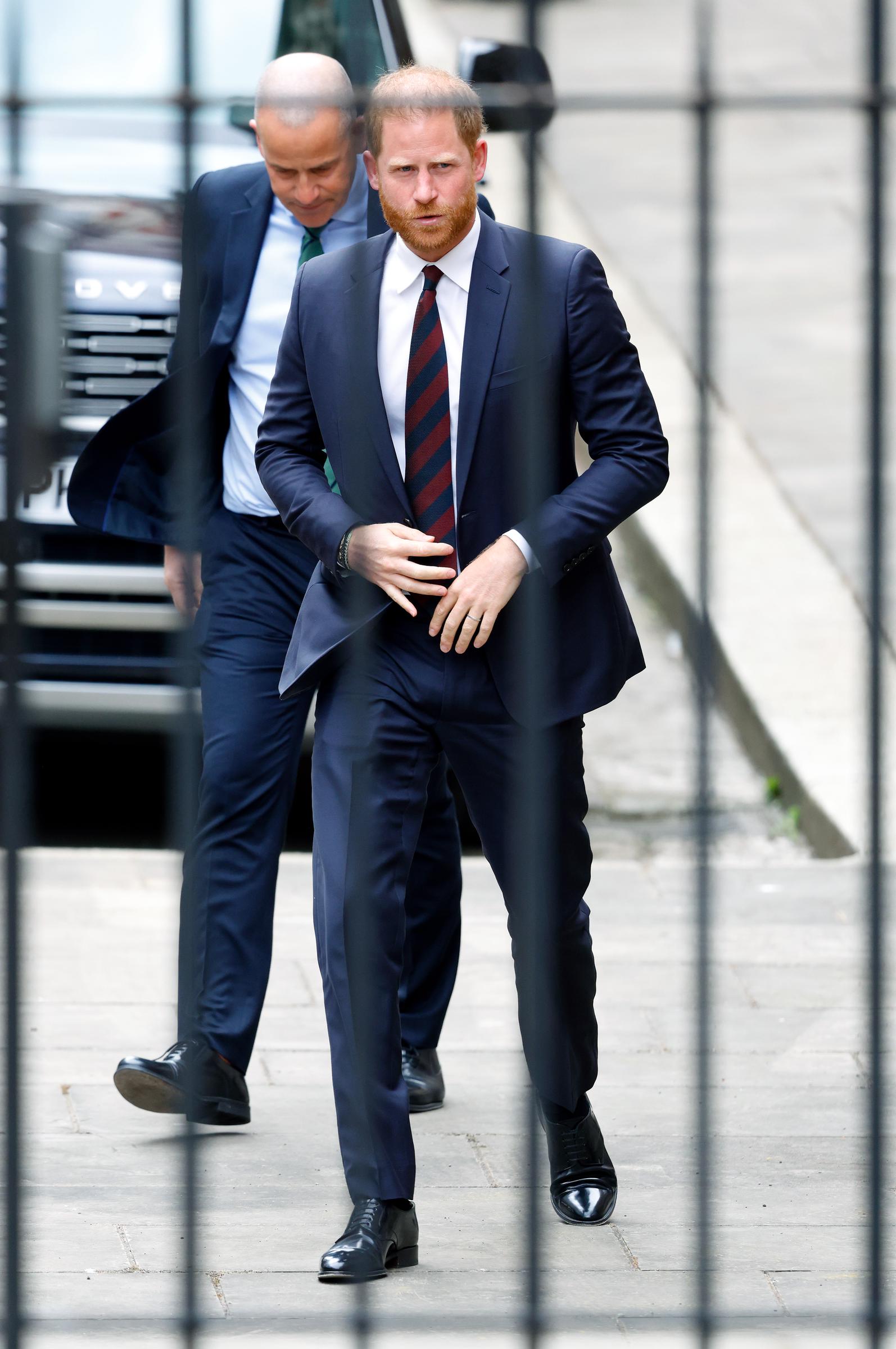
This statement came shortly after a UK appeals court upheld the government's decision to downgrade his police protection, a ruling Harry had been contesting for over two years. He described the decision as deeply disappointing, calling it "unjustified and inferior treatment," particularly given the continued threats to his safety and that of his family.
During the interview, conducted by BBC journalist Neda Torfić, Harry expressed his dismay: “Obviously, I’m pretty gutted about the decision,” he said. Now 40 years old and living in California with his wife, Meghan Markle, and their children, Archie and Lilibet, Harry said that returning to the UK as a family has become nearly impossible. “We thought it was going to go our way, but it certainly hasn’t,” he admitted.
Since stepping down from royal duties in 2020, Harry has only returned to the UK for essential events—funerals, court proceedings, and a few charitable appearances. “I put myself at risk for that, but I will continue on with a life of public service,” he said. “I can’t see a world in which I would be bringing my wife and children back to the UK at this point. And the things they’re going to miss is—well, everything.”
The central sticking point in Harry’s ongoing dispute with the royal institution is his security. Torfić pointed out that forgiveness and healing might depend entirely on resolving this one issue. “One hundred percent,” Harry agreed. “Whatever noise has been created, whatever stories have been written—this has always been the sticking point.”
He recounted how the 2020 decision to remove his taxpayer-funded protection had come as a shock. “God forbid anything should happen. And I don’t regret stepping away from royal duties. But I thought, with all the disagreements and chaos, the one thing I could rely on was my family keeping me safe,” he said.
Instead, according to Harry, not only was his security revoked, but signals were sent to other governments that they, too, need not offer protection. The consequences, he emphasized, go far beyond politics—they are deeply personal.
He also acknowledged the emotional scars that remain from his departure and his candid memoir, Spare. “Of course, some members of my family will never forgive me for writing a book. Of course they will never forgive me for lots of things,” he said. “Still, it would be nice to reconcile.”
Harry revealed that his experience with First Nations communities in Canada, through his work with the Invictus Games, helped shape his thinking. “Their goal in life was always truth and reconciliation. And I said to them, ‘Right, but reconciliation can’t come without truth.’”
“I’ve now found out the truth,” he said. “I’ve shared some of it with you today. A lot of it exists out there—whether people choose to ignore it or not. So it would be nice to have that reconciliation part now. If they don’t want that, that’s entirely up to them.”
In response to the interview, Buckingham Palace issued a brief statement: “All of these issues have been examined repeatedly and meticulously by the courts, with the same conclusion reached on each occasion,” a spokesman said.
Harry’s legal challenges and desire to return to the UK have sparked fierce public debate. His court appearance on April 8, 2025, at the Royal Courts of Justice in London, stirred widespread reactions—many critical of his continued pursuit of state-funded protection despite no longer being a working royal.
Wearing a dark suit and arriving in a black Range Rover, Harry waved briefly at the press but declined to answer shouted questions, including whether he would see King Charles III during his visit.
This ongoing legal battle dates back to September 2021, when Harry filed a legal challenge against the Royal and VIP Executive Committee’s (Ravec) February 2020 decision to alter his security arrangements. That decision followed Harry and Meghan’s decision to step back from royal duties and move to the United States.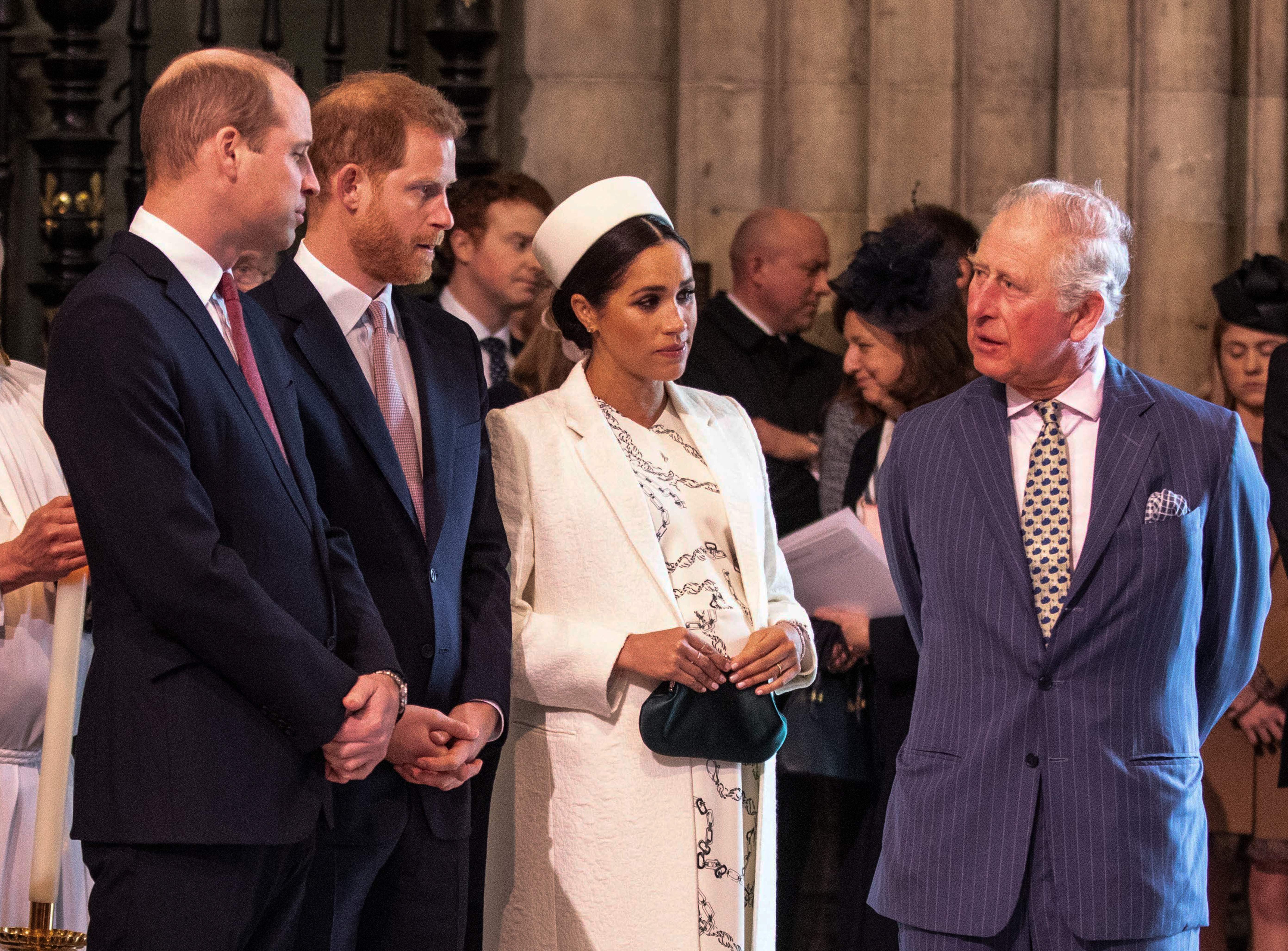
In a court statement read during a previous hearing, Harry said, “It was with great sadness for both of us that my wife and I felt forced to step back from this role and leave the country in 2020.” He argued that the UK is central to his children’s heritage and that without adequate protection, he cannot bring them home.
Though he offered to personally fund the security, the Home Office refused, stating that security arrangements must be managed centrally, not privately. A critical part of Harry’s argument is that private security firms are denied access to vital threat information, putting his family at a unique risk.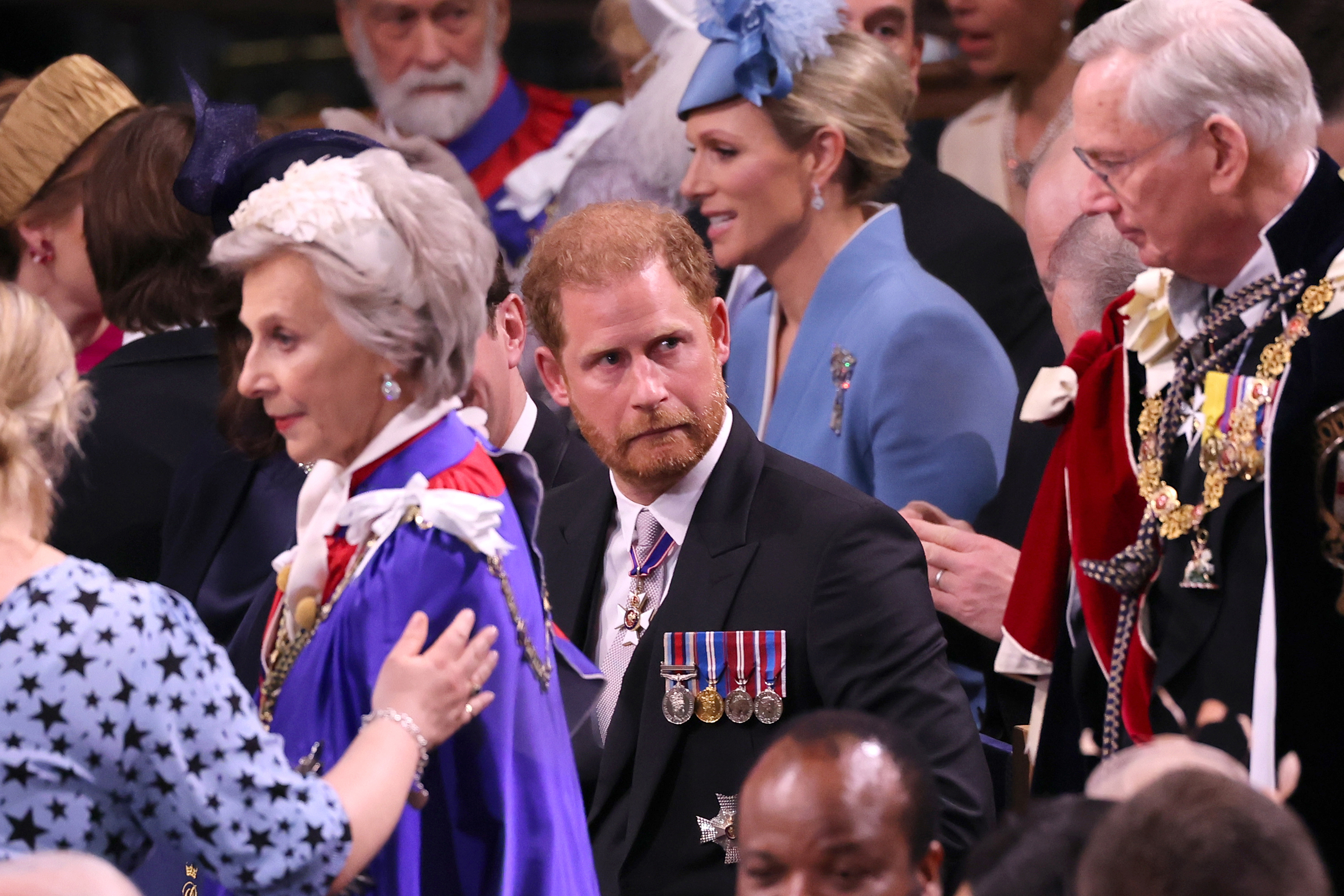
Harry also stressed the emotional and psychological burden of navigating life under heightened threat without proper security, saying he could not risk his wife and children’s safety. His legal team claims he has been treated unfairly and differently from others in similar positions.
Public reaction to the case has been divided. While some empathize with Harry’s desire to protect his family, others criticize his insistence on publicly funded protection after voluntarily stepping away from royal duties.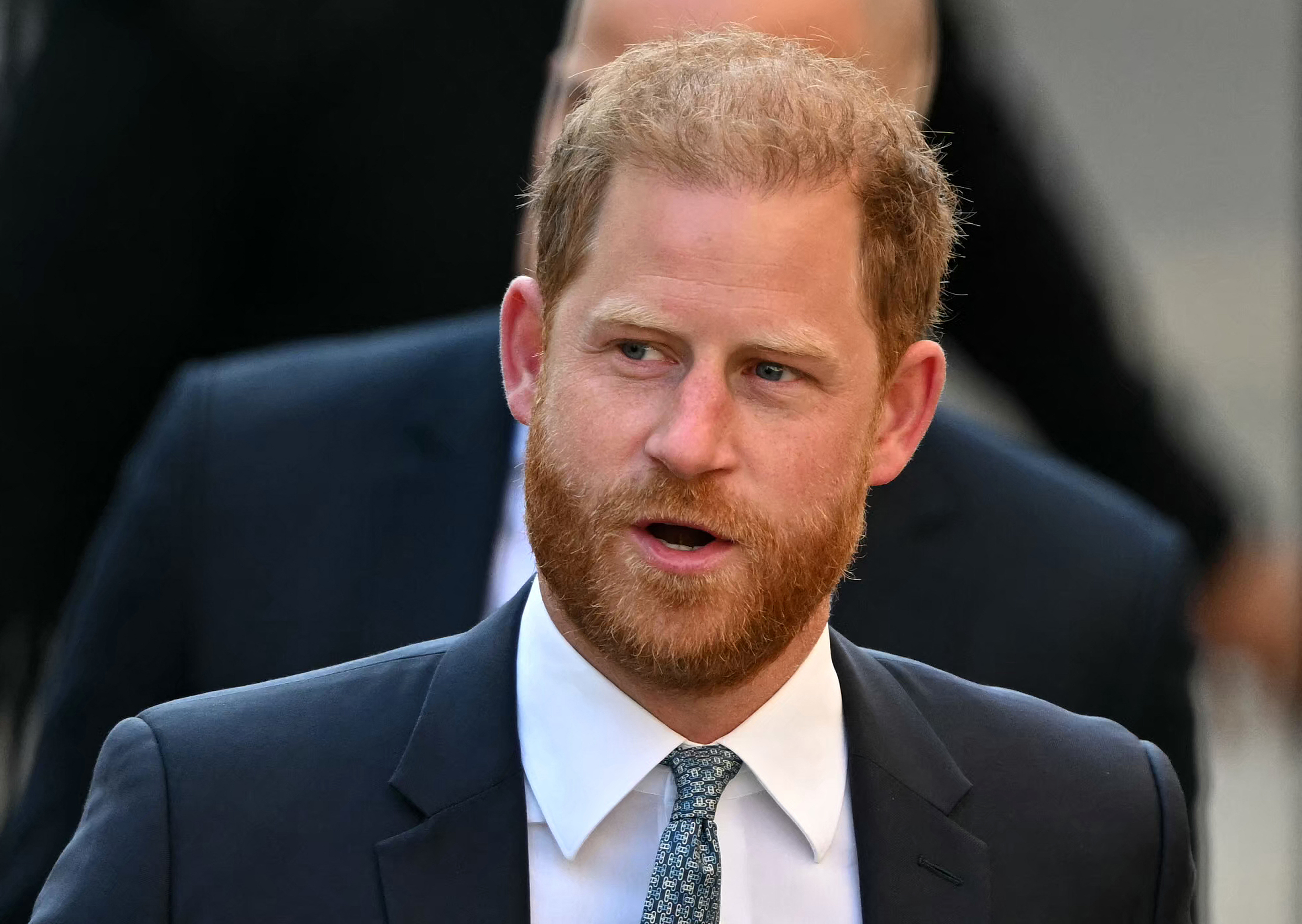
“He made his choice. He walked away,” one critic wrote online. Another added, “He’s not a working royal anymore. He doesn’t earn that protection.”
Despite the backlash, Harry remains resolute. As his legal team, led by barrister Shaheed Fatima KC, presented their arguments before the Court of Appeal, Harry sat quietly in the back row, notebook and pen in hand, observing closely.
His fight for what he calls “dignified and fair” treatment continues—not just for himself, but for the future he envisions for his children. Whether or not the law or the royal family meets him halfway remains uncertain. But Harry has made one thing clear: he’s not backing down from seeking justice—or reconciliation.
News in the same category

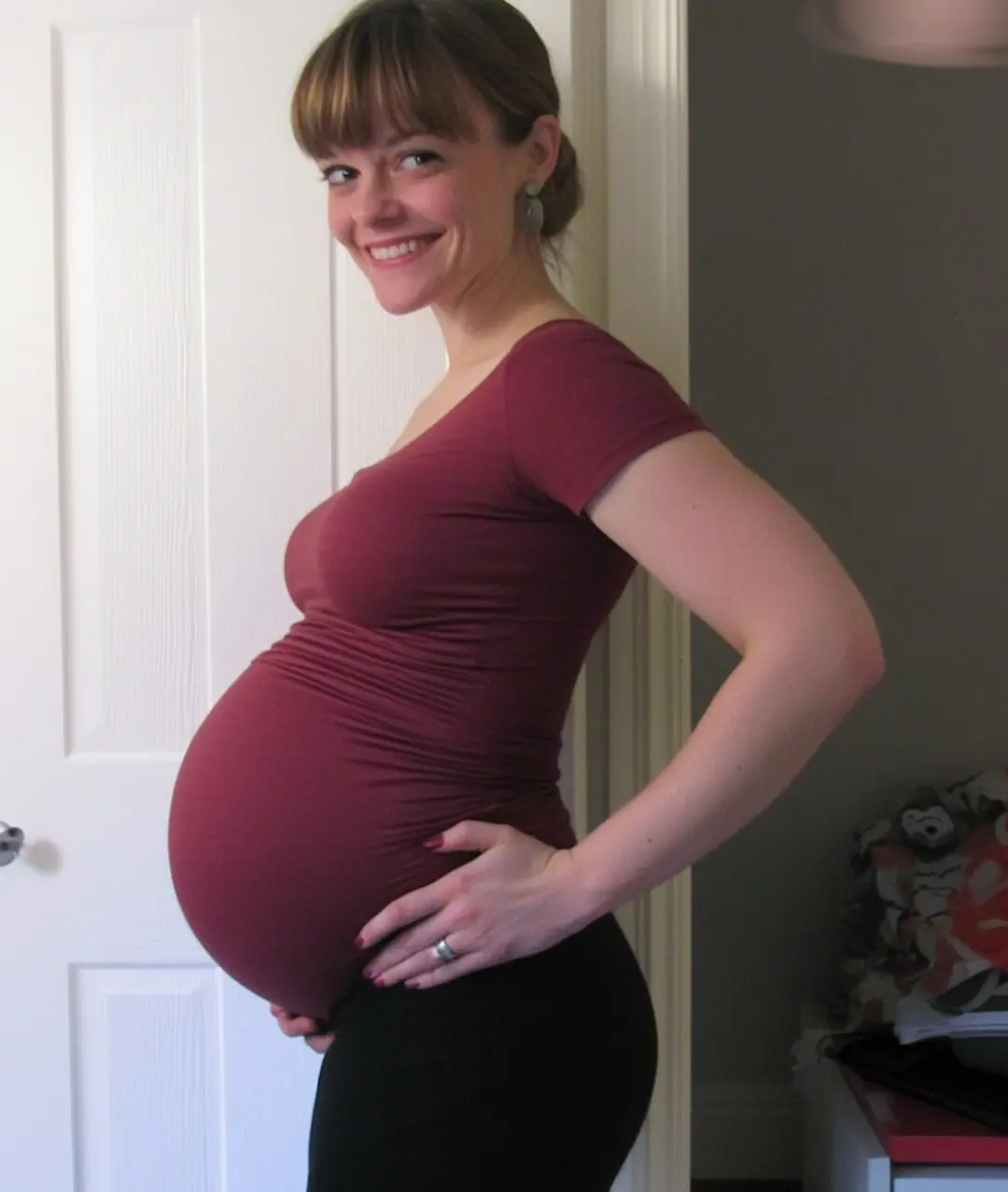
I Was Excited to Meet My Fiancé's Parents, but Dinner Turned Into a Nightmare

My Grandmother Pretended to Be Deaf to Test Us before Dividing the Inheritance – Everyone Got What They Deserved
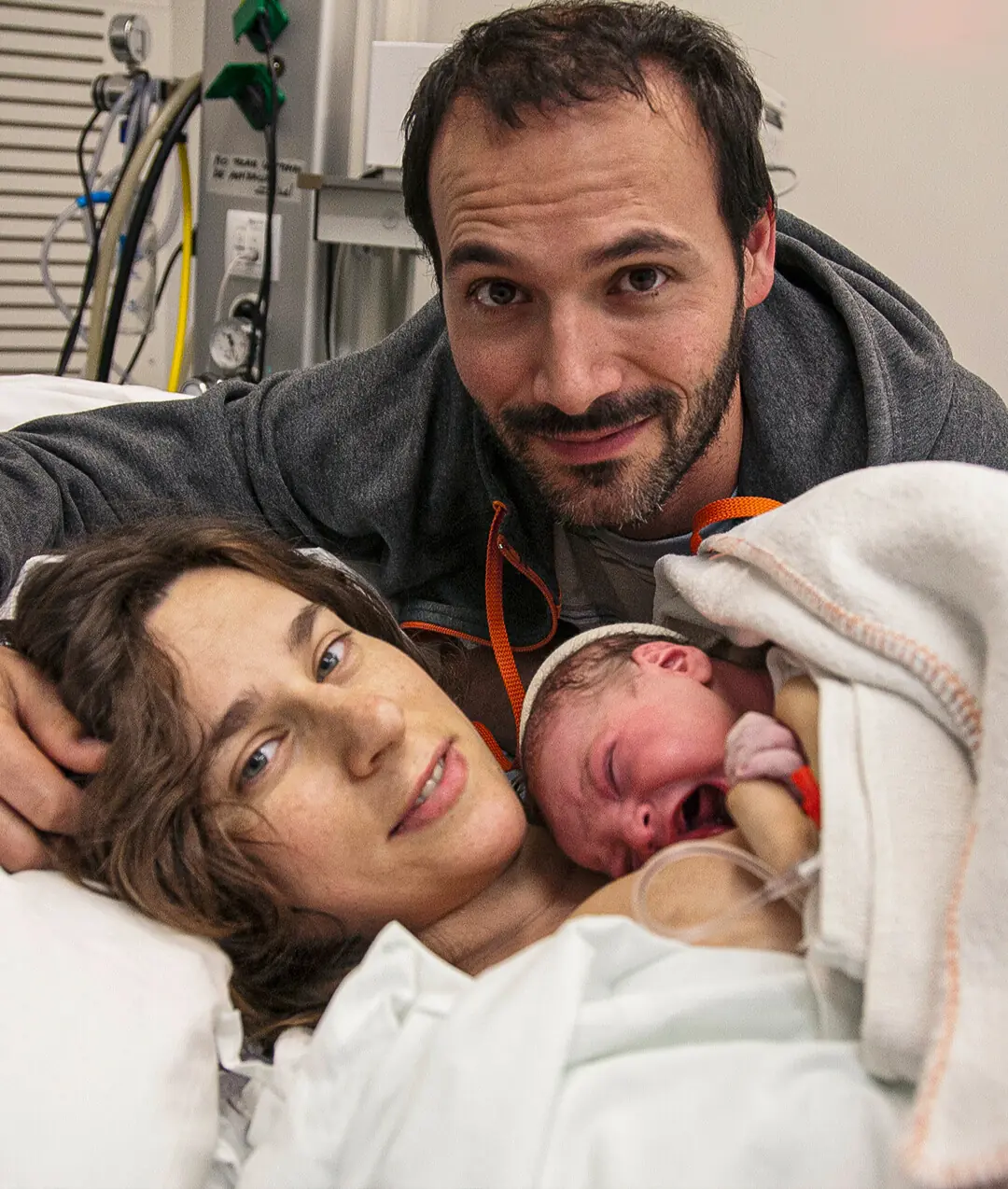
Mother Discovers She Is Not the Biological Parent of Her 7-Year-Old Son, Neither Is His Father
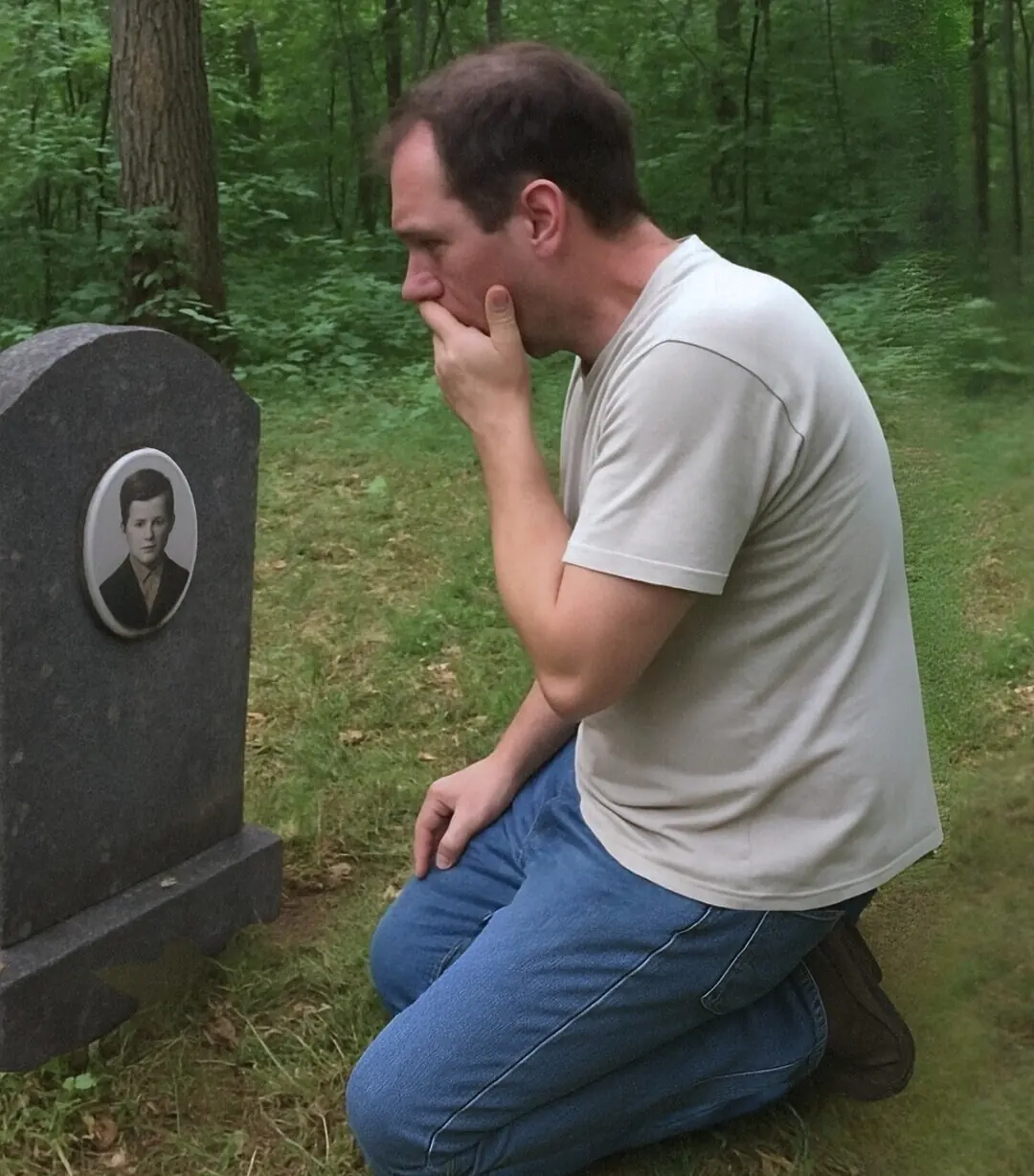
Man Stumbles upon a Headstone in the Woods and Sees His Childhood Photo on It
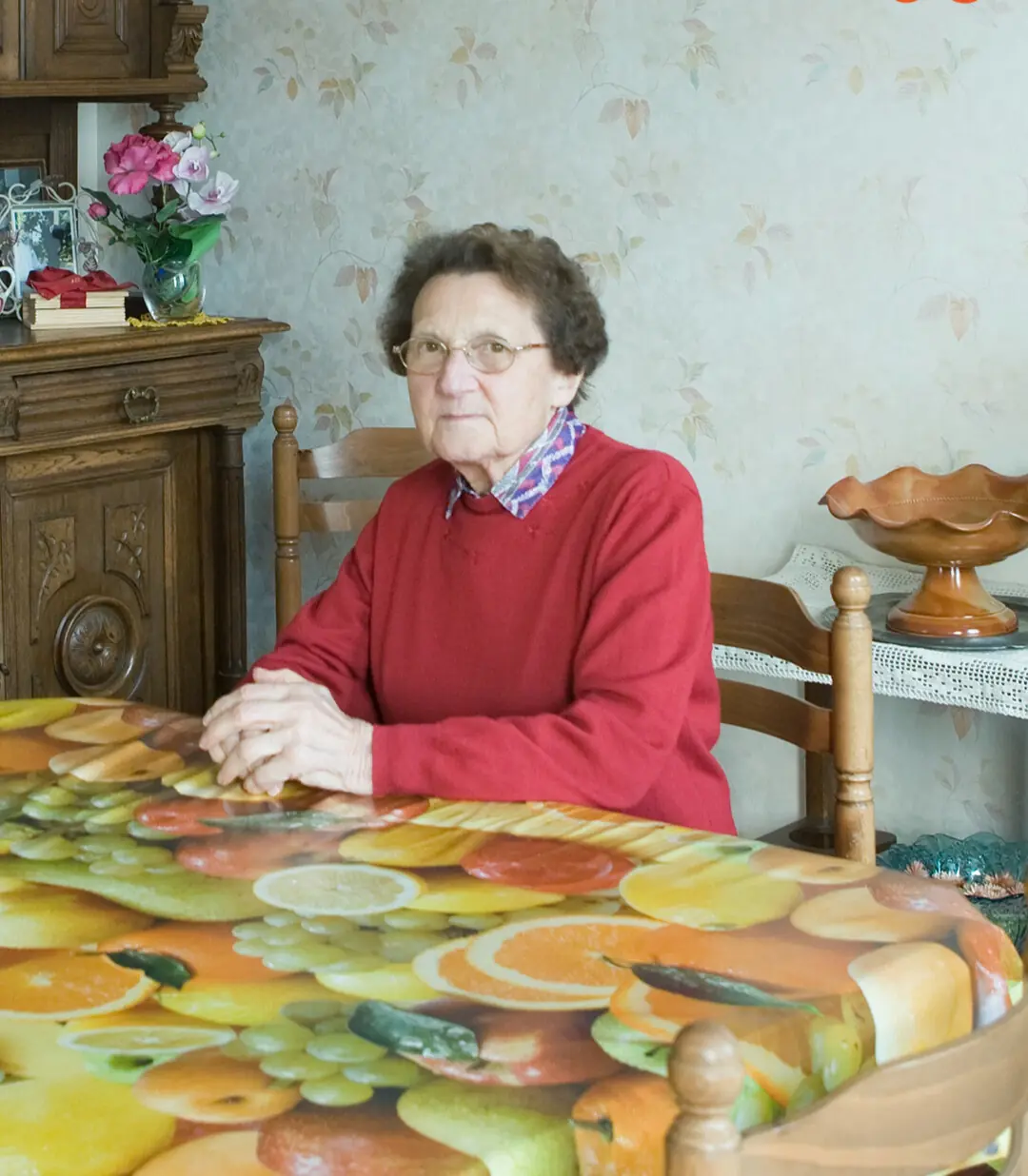
Granny Drains Savings Giving Grandson Best Day of His Life, Only Sees Him Again After 15 Years

Am I Wrong for Testing My Mother-in-Law on Christmas?

Music Teacher Offers Free Lessons to ‘Poor’ Boy, Then Discovers His Father's True Identity
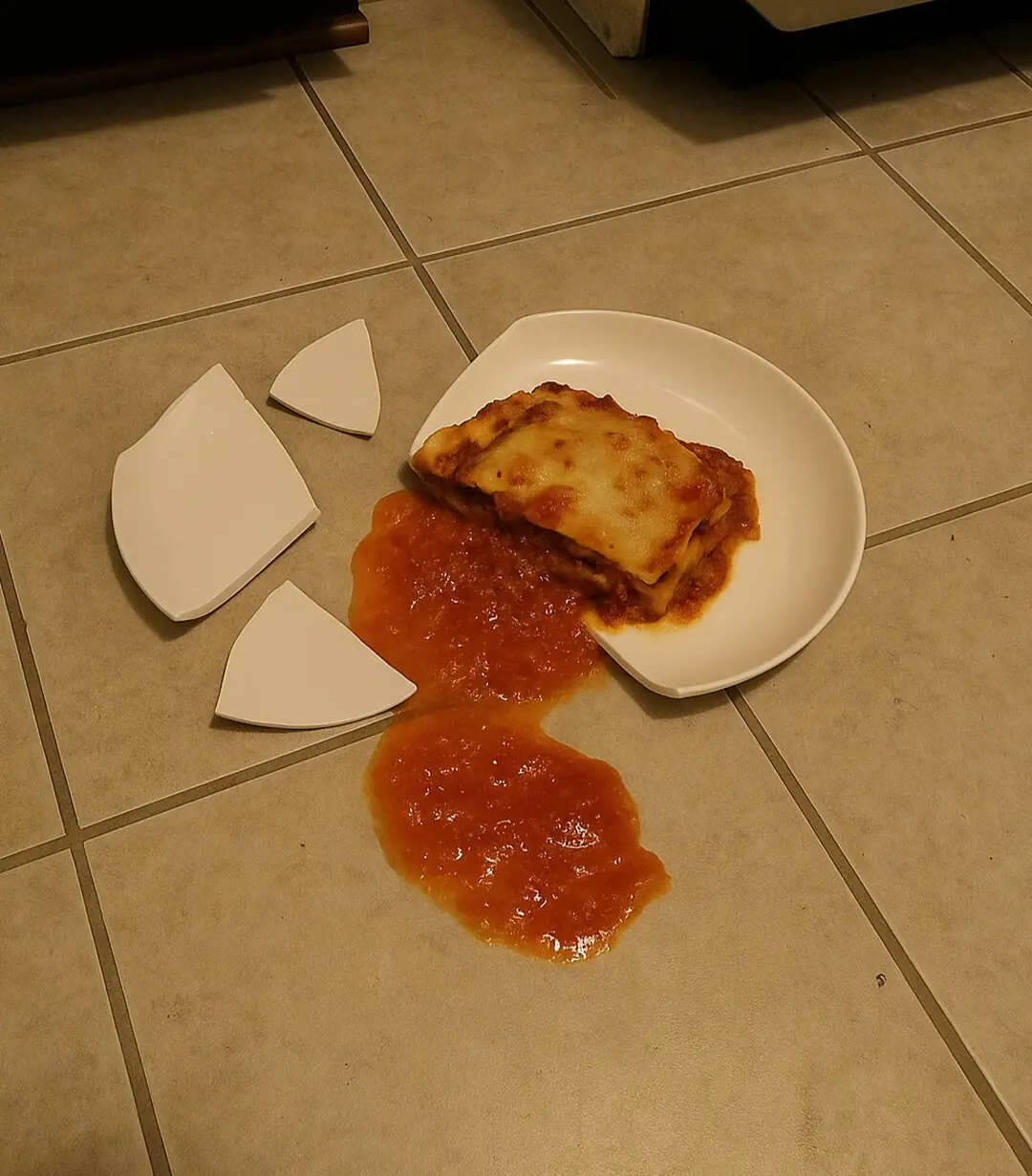
My Stepdad Said He Doesn't Eat the Same Meal Twice and That My Mom Should Cook Fresh Food Every Day — So I Gave Him a Wake-up Call
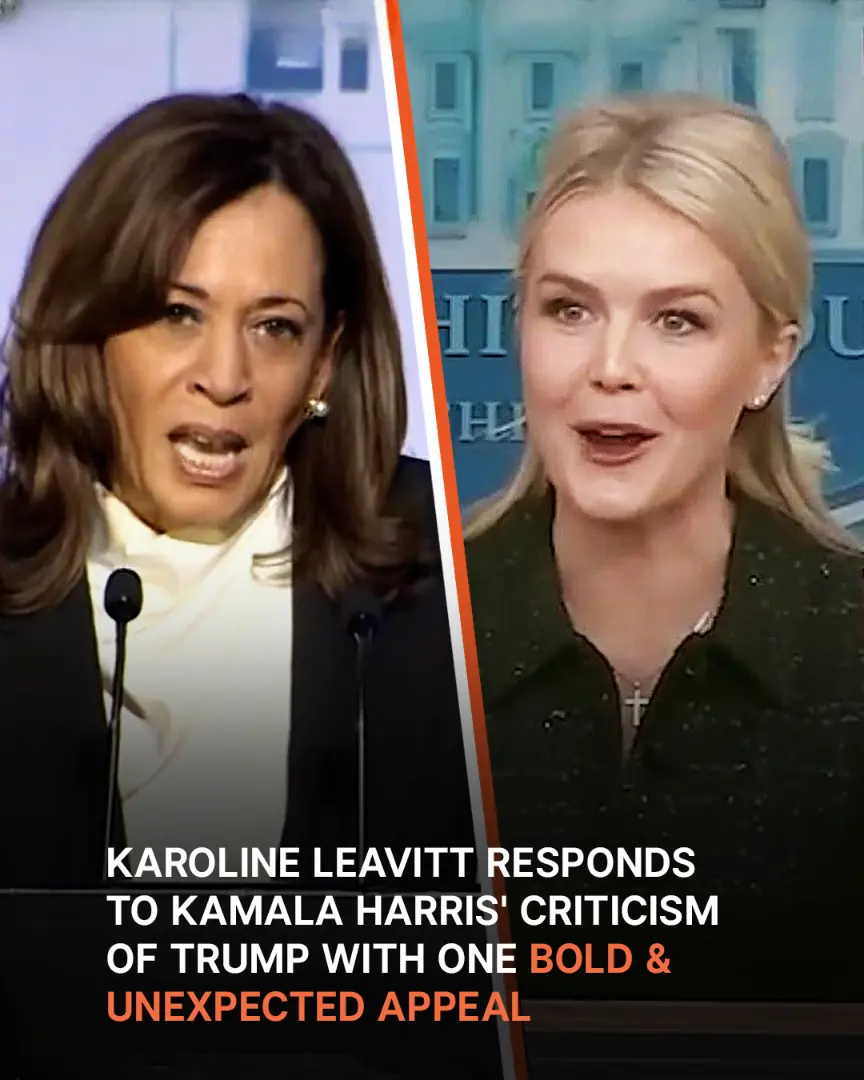
Deputy Chief of Staff Stephen Miller & Karoline Leavitt Respond to Kamala Harris’ Criticism of President Trump
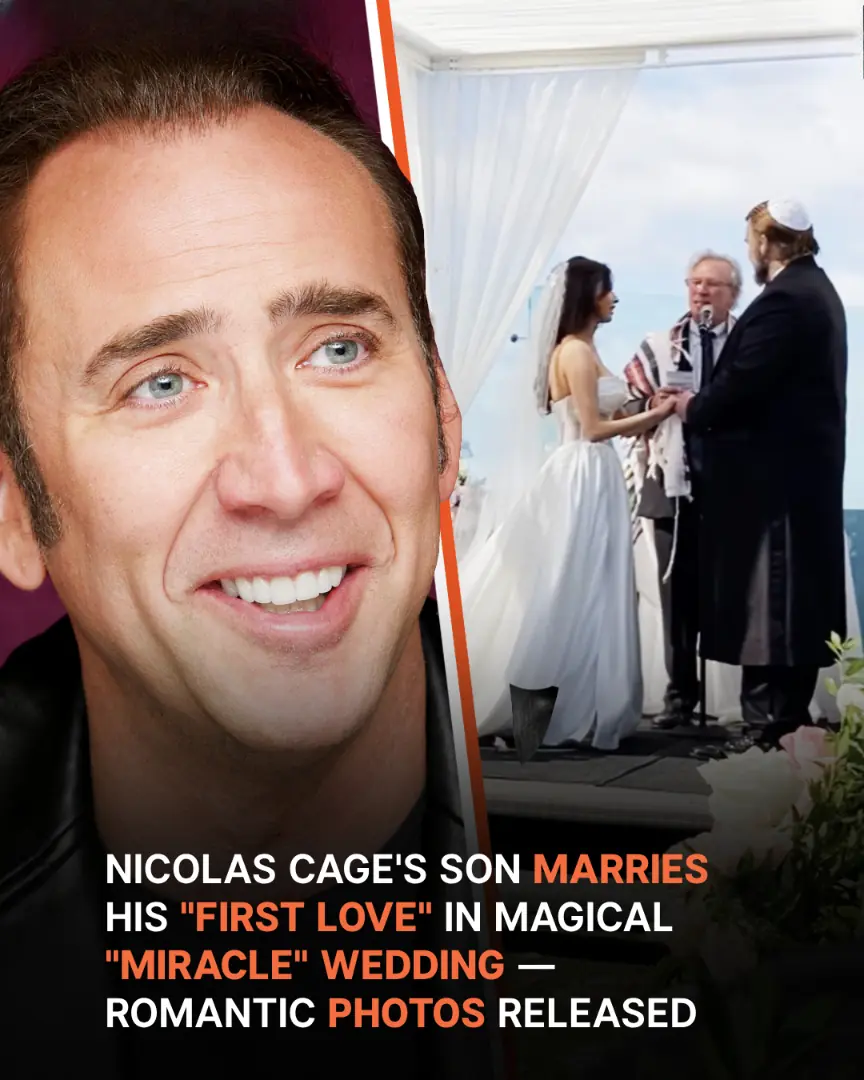
Nicolas Cage's Son Weston Marries the Love of His Life in Romantic Ceremony — Wedding Photos

Poor Janitor Buys Old Doll at Flea Market, Gives it to Child & Hears Crackling Sound from It
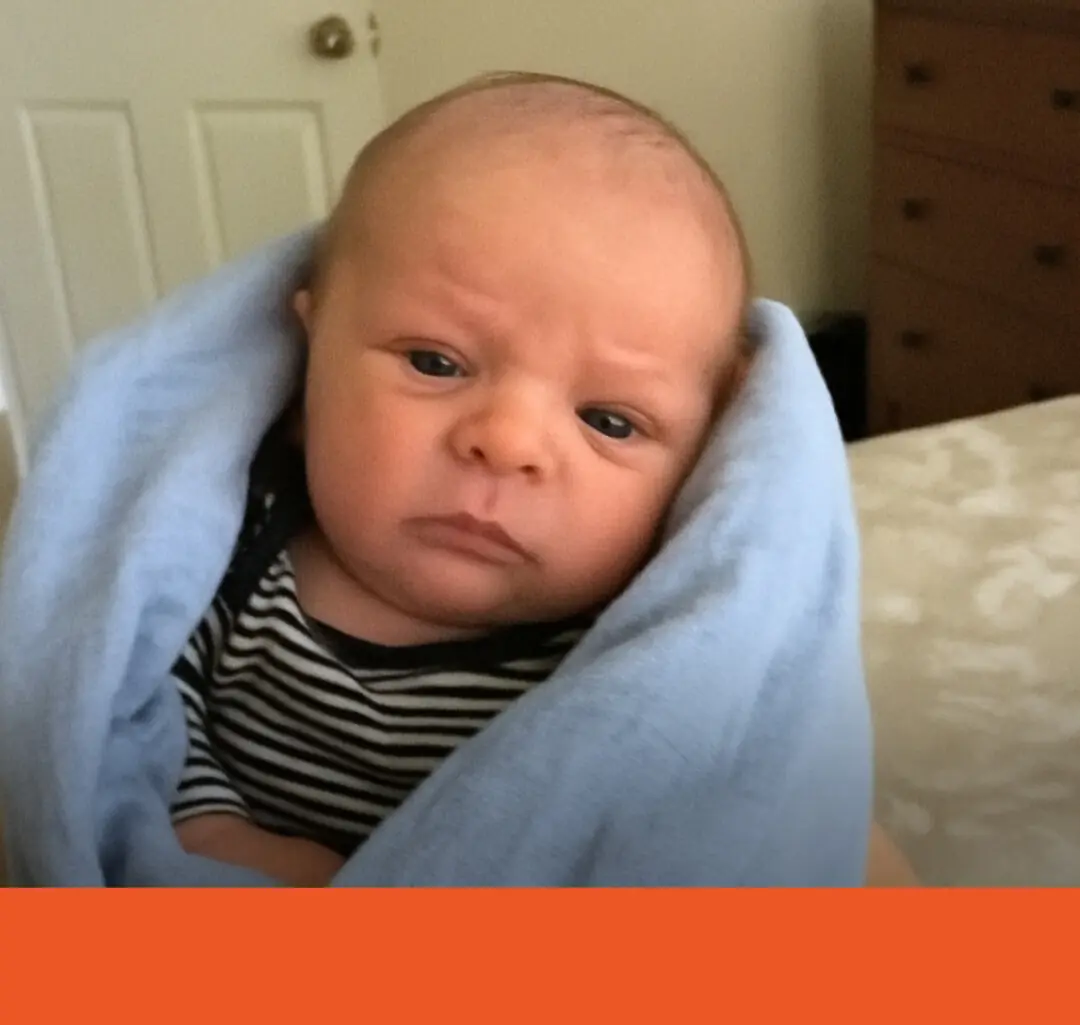
Woman Helps to Deliver Neighbor's Baby, Discovers Her Husband Is the Father
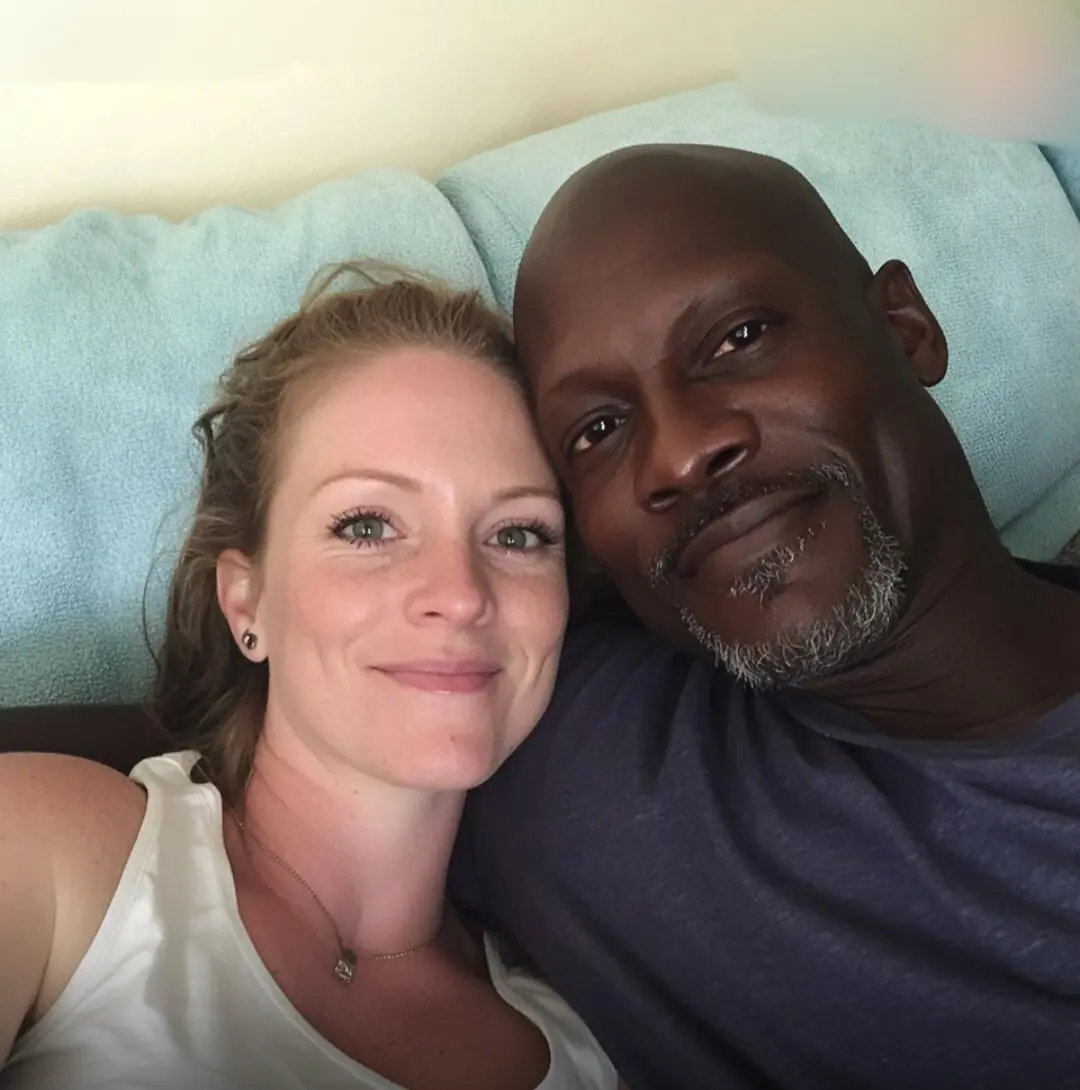
Every Saturday, My Boyfriend Visited His Parents Without Me Until I Followed Him and Uncovered the Shocking Truth
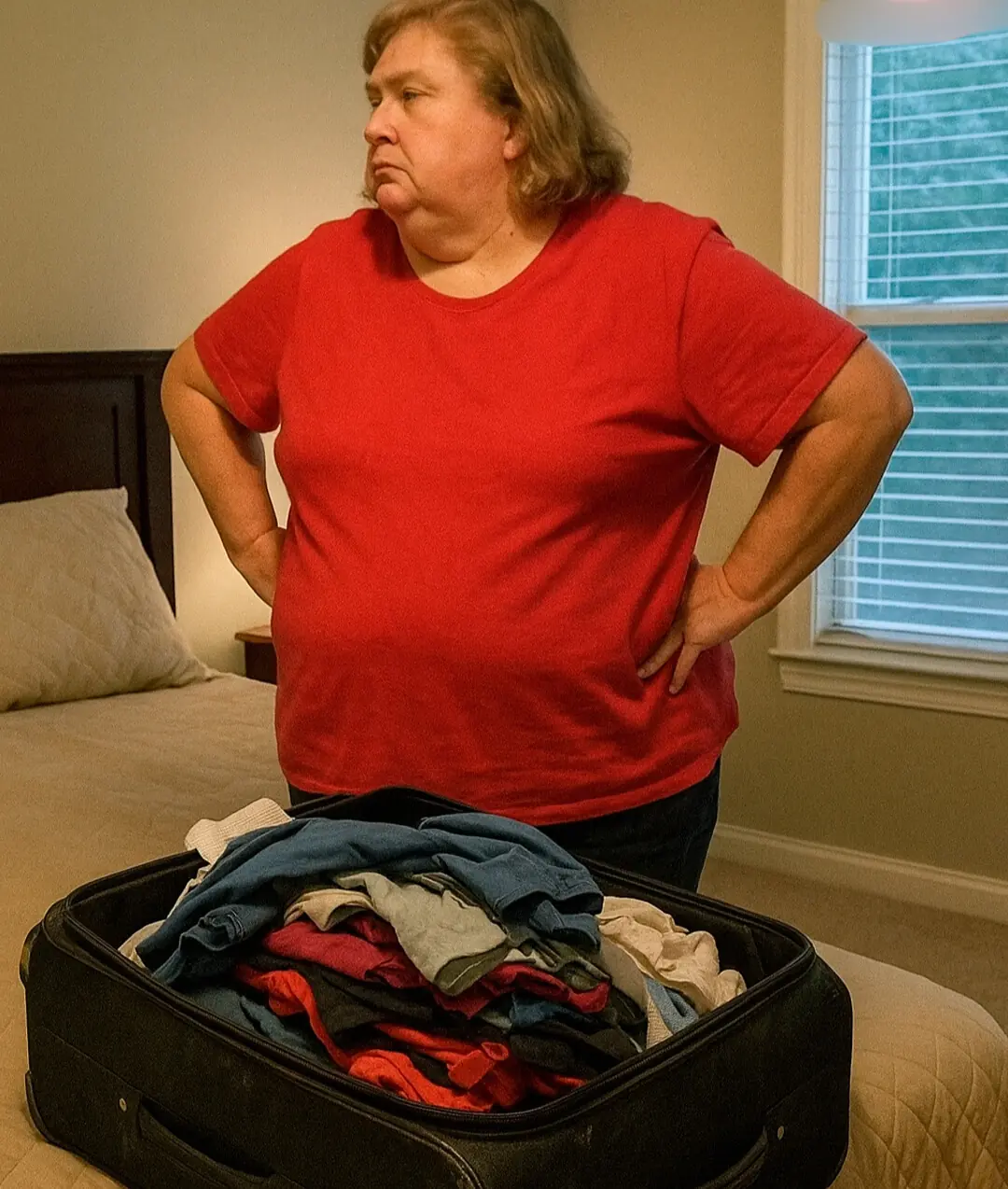
My Sassy MIL Took over Our Bed Without Asking for Years—But This Time, I Set a Trap My In-Laws Walked Right Into
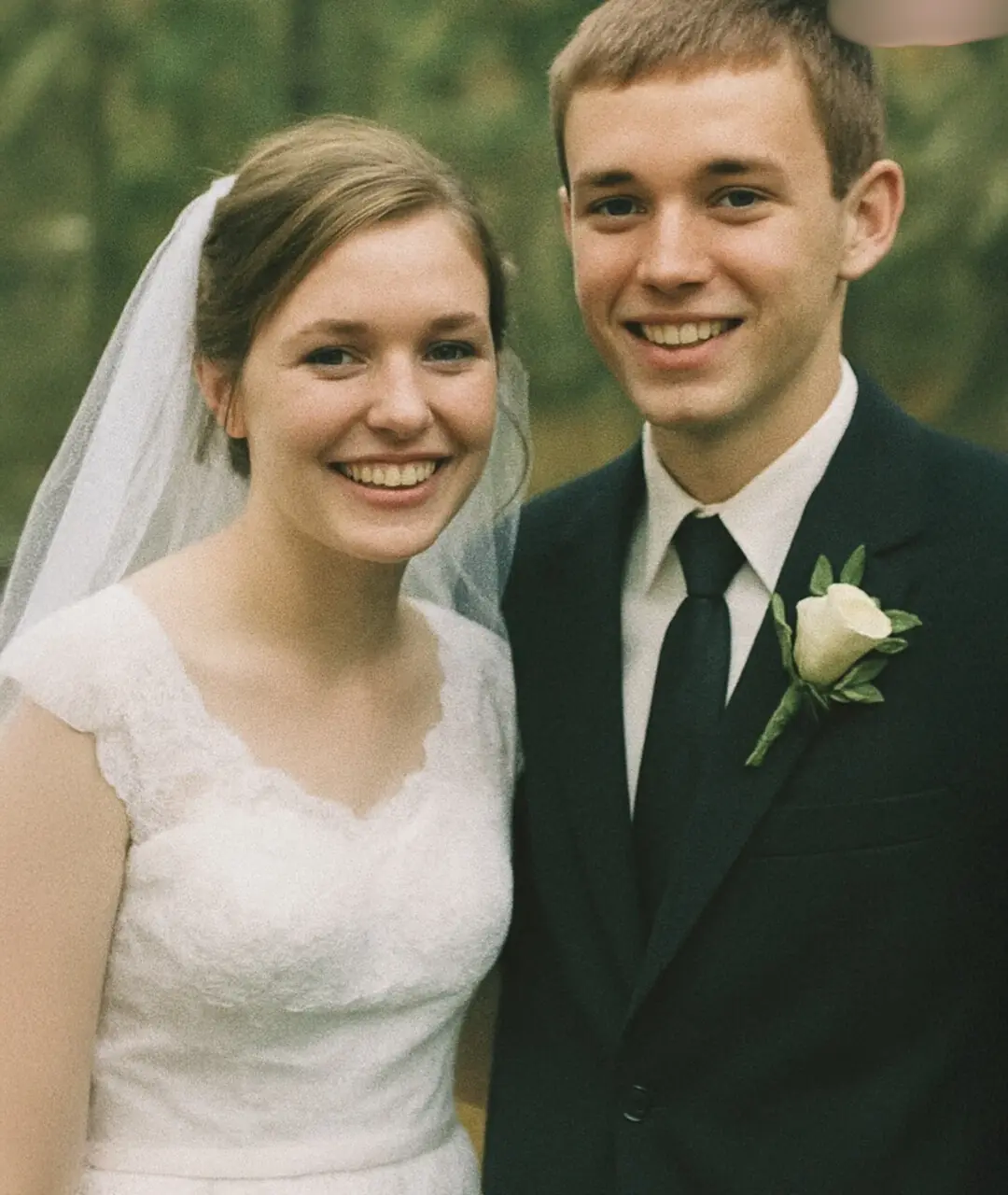
My Son Proposed to a Girl He'd Only Known for 3 Weeks—During the Ceremony, the Police Walked In
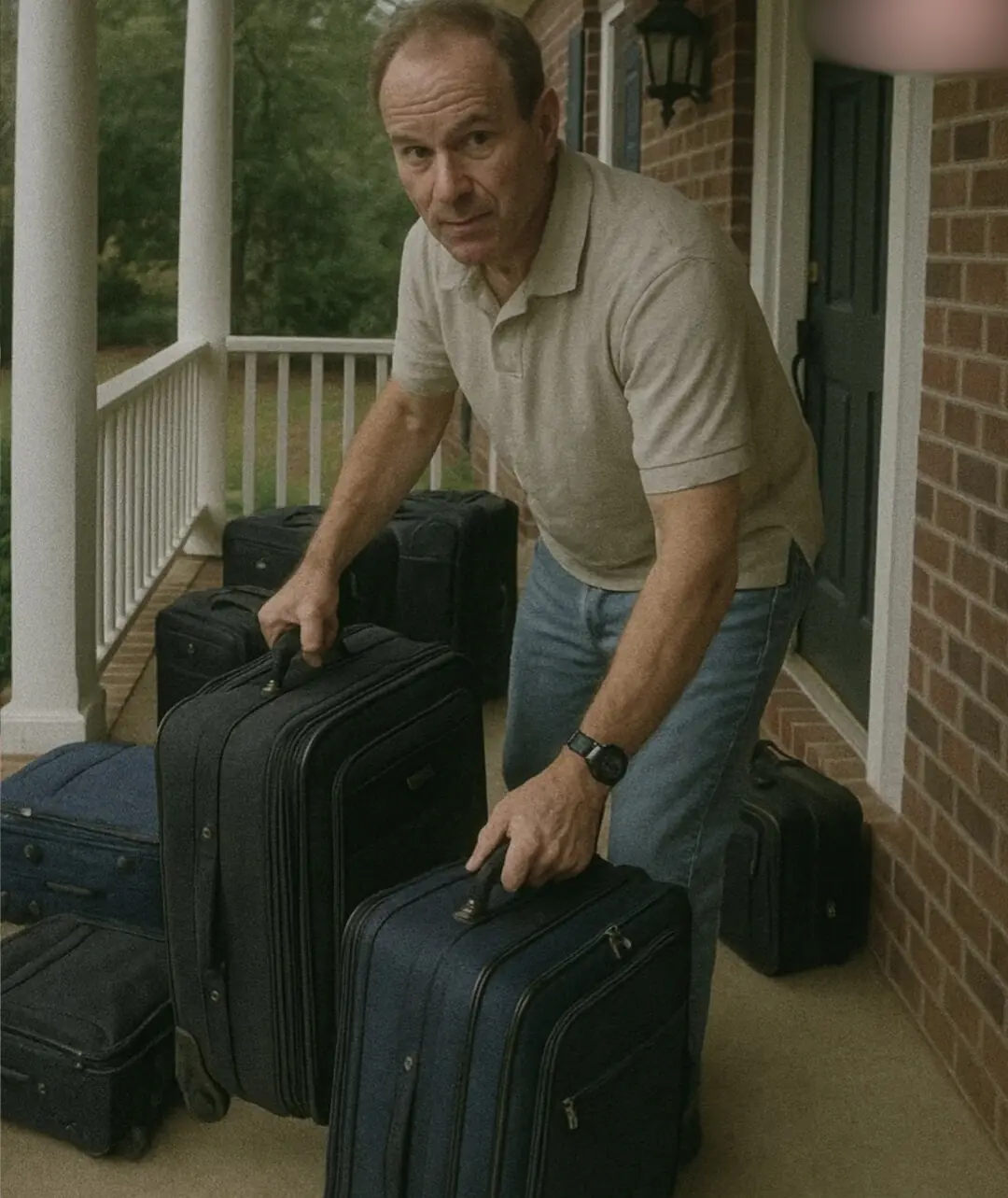
My Stepmother Kicked Me Out While My Father Stayed Silent — Days Later, They Were on Their Knees Begging for Forgiveness

My MIL and Husband's Sisters Forced Me to Clean Up Alone After Easter Feast—I Agreed, but They Weren't Ready for My 'Surprise'

I Paid and Organized My Niece's 16th Birthday—Then She Demanded I Sit In the Kitchen During the Party
News Post

A Man Goes on a First Date with His Coworker and Sees That She Is Trying Her Best to Ruin It

I Was Excited to Meet My Fiancé's Parents, but Dinner Turned Into a Nightmare

My Grandmother Pretended to Be Deaf to Test Us before Dividing the Inheritance – Everyone Got What They Deserved

Mother Discovers She Is Not the Biological Parent of Her 7-Year-Old Son, Neither Is His Father

Man Stumbles upon a Headstone in the Woods and Sees His Childhood Photo on It

Granny Drains Savings Giving Grandson Best Day of His Life, Only Sees Him Again After 15 Years

Am I Wrong for Testing My Mother-in-Law on Christmas?

Music Teacher Offers Free Lessons to ‘Poor’ Boy, Then Discovers His Father's True Identity

My Stepdad Said He Doesn't Eat the Same Meal Twice and That My Mom Should Cook Fresh Food Every Day — So I Gave Him a Wake-up Call

Warning: 9 Silent but Dangerous Signs of Cancer – Listen to Your Body

7 Early Signs of Blood Cancer Everyone Should Know
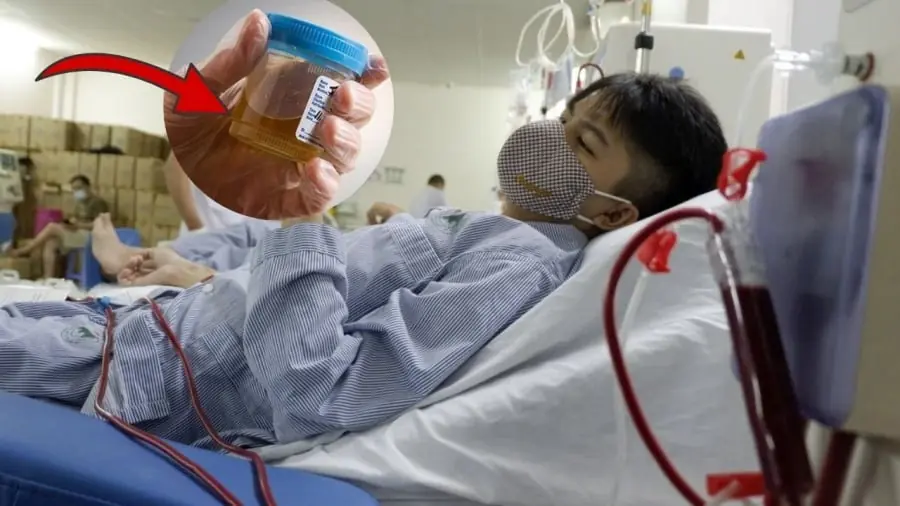
2 SIGNS OF KIDNEY DAMAGE: IF YOUR MORNING URINE HAS THIS COLOR, SEE A DOCTOR IMMEDIATELY

Deputy Chief of Staff Stephen Miller & Karoline Leavitt Respond to Kamala Harris’ Criticism of President Trump

Nicolas Cage's Son Weston Marries the Love of His Life in Romantic Ceremony — Wedding Photos

Natural Defense Against Colds and Flu

At 65, I Lost My Vision – But This Drink Brought It Back!

Irresistible Pecan Pie Dump Cake Recipe 🥧

Doctors Say These 9 Hidden Drinking Patterns Are More Dangerous Than Binge Drinking
